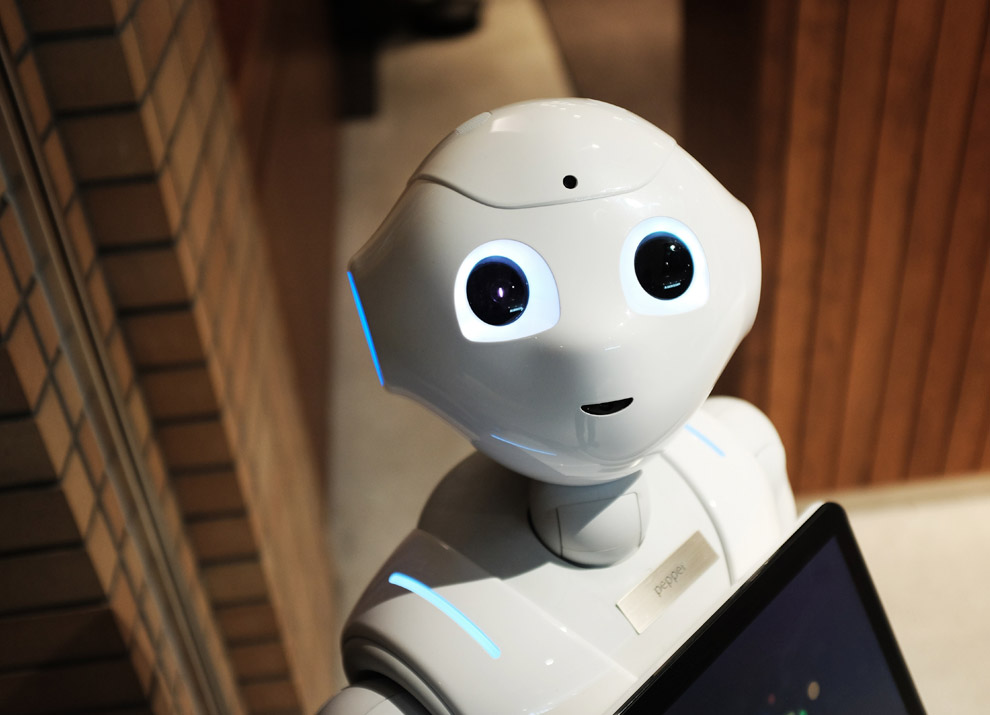The accelerated development of artificial intelligence is drastically challenging the generally accepted principles in intellectual and industrial property. Currently no consensus exists among the authorities, the academic realm or the experts as to how to protect technology involving artificial intelligence, as well as the results of inventions or works generated by artificial intelligence.
The term artificial intelligence (AI) has been commonly used to refer to the field of computing whose objective is the development of machines and systems which can carry out tasks which require human intelligence intervention. That is, a series of technologies which help emulate characteristics or capabilities which were traditionally linked exclusively to the human intellect. AI is comprised of various branches and their bases are not necessarily new, even though in these last years, technology has matured sufficiently enough to take on creative and inventive tasks which previously were only performed by humans.
Intellectual Property (IP) seeks protection for creations of the mind: inventions, literary and artistic works, as well as signs, names and images used in industry and commerce. One of its fundamental objectives is that of promoting innovation. The intellectual property system in most countries including Mexico, has required the human factor in order to protect and recognize the rights of inventors as well as authors. Despite it being common that a business or an organization be the owner and be assigned the rights to use and exploit an invention, protected by means of a patent or a work of art protected by a copyright, only human beings can attributed with being considered as inventors or authors.
In this manner, Industrial Property Law establishes that it presumes a physical person to be the inventor such as indicated in the patent application. The right of inventors to be mentioned as such is recognized. In a similar manner, it establishes that only human creations can be considered as inventions. The Copyright Federal Law for its part establishes that the author is the physical person who has created a literary or artistic work. So the question is what happens when a new technology or work is generated by AI? Does IP protect such creations? Can AI be considered as an author or inventor?
A starting point to attempt to resolve these questions could be recognizing that the creations generated by AI are subject to protection through IP. The incentive of promoting innovation would still be present for those persons or businesses that develop and use artificial intelligence technology and tools. To consider the opposite could lead to not using AI for innovation despite our being able to appreciate the exponential improvement these technologies contribute, which may even be more efficient than humans for solving certain problems. It could also encourage bad practices by not declaring to the authorities that certain inventions are based on creations generated by AI.
The discussion, of course, does not lie in establishing that the ownership of the invention or work belongs to AI given that a machine or a system lacks any type of right or capability to own anything. However, there are those who consider it necessary to take a next step and not only grant protection to AI generated creations, but also consider that the IP system must be amended to allow AI itself to be considered as an inventor or an author when appropriate.
According to those who hold this view, the moral integrity of human authors or inventors would be therefore respected. In case people were to be credited with creations they did not undertake, human inventiveness would be devalued, since the work of someone who is legitimately creating something new would be on equal standing with that of someone who merely ordered AI to solve a situation without necessarily being aware of the specific problem which the technology is being applied to or even of its end result.
On the other hand, there are those who hold the position that any work generated by AI must have a physical person who may qualify as the inventor or as the author. This could be the case when formulating or structuring a problem in such a way that it requires inventive skill or in those cases where a programmer or developer has designed AI to solve a specific problem or has carefully selected training data.
We could hardly cover the full scope that AI can have in IP. The discussion continues along the line that must be drawn between the creation of a human and that of a machine; what amount of contribution or human intervention was required by the latter in order for it to still continue to be considered as a human creation.
We are at your service should you have any questions.

